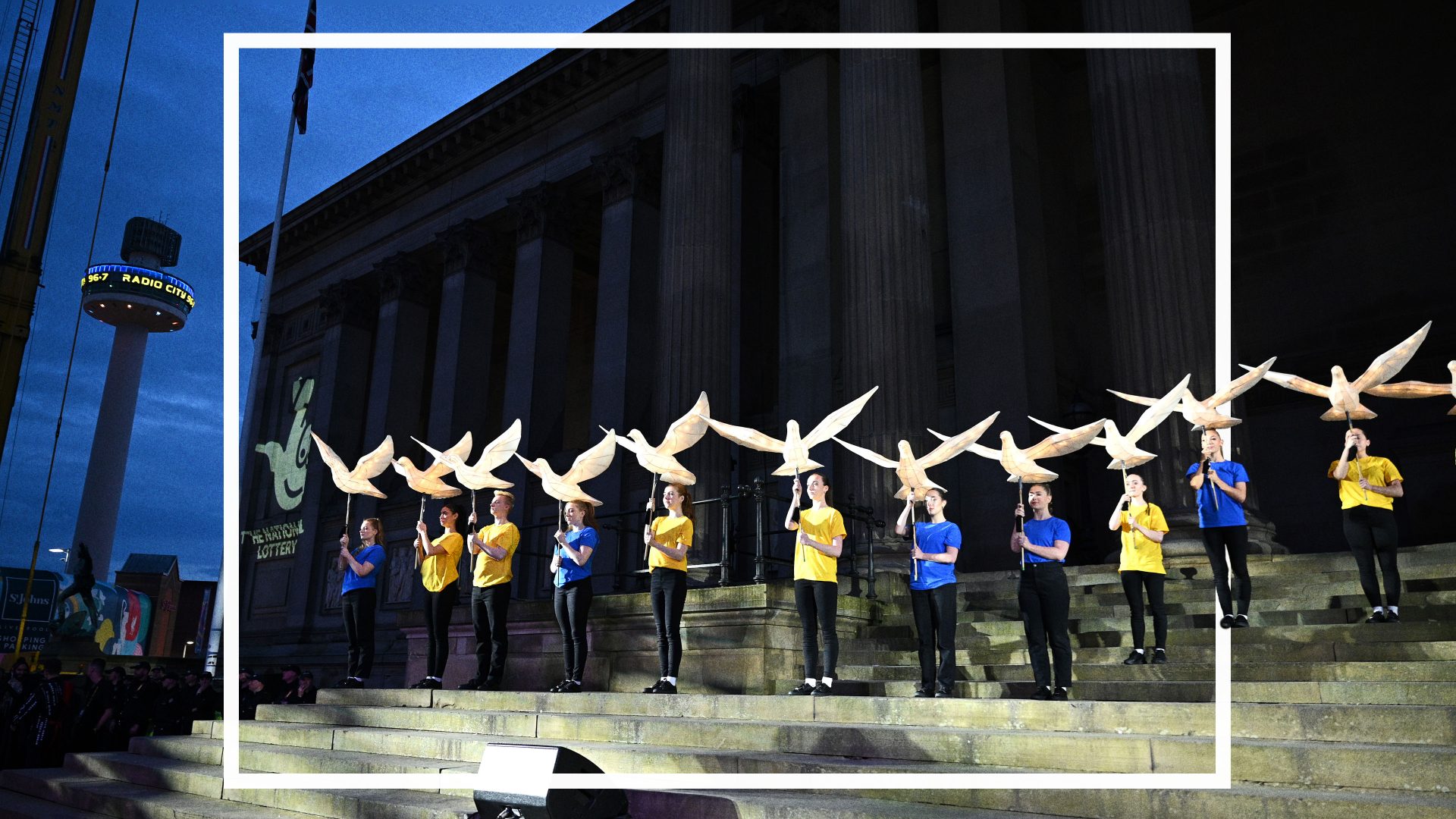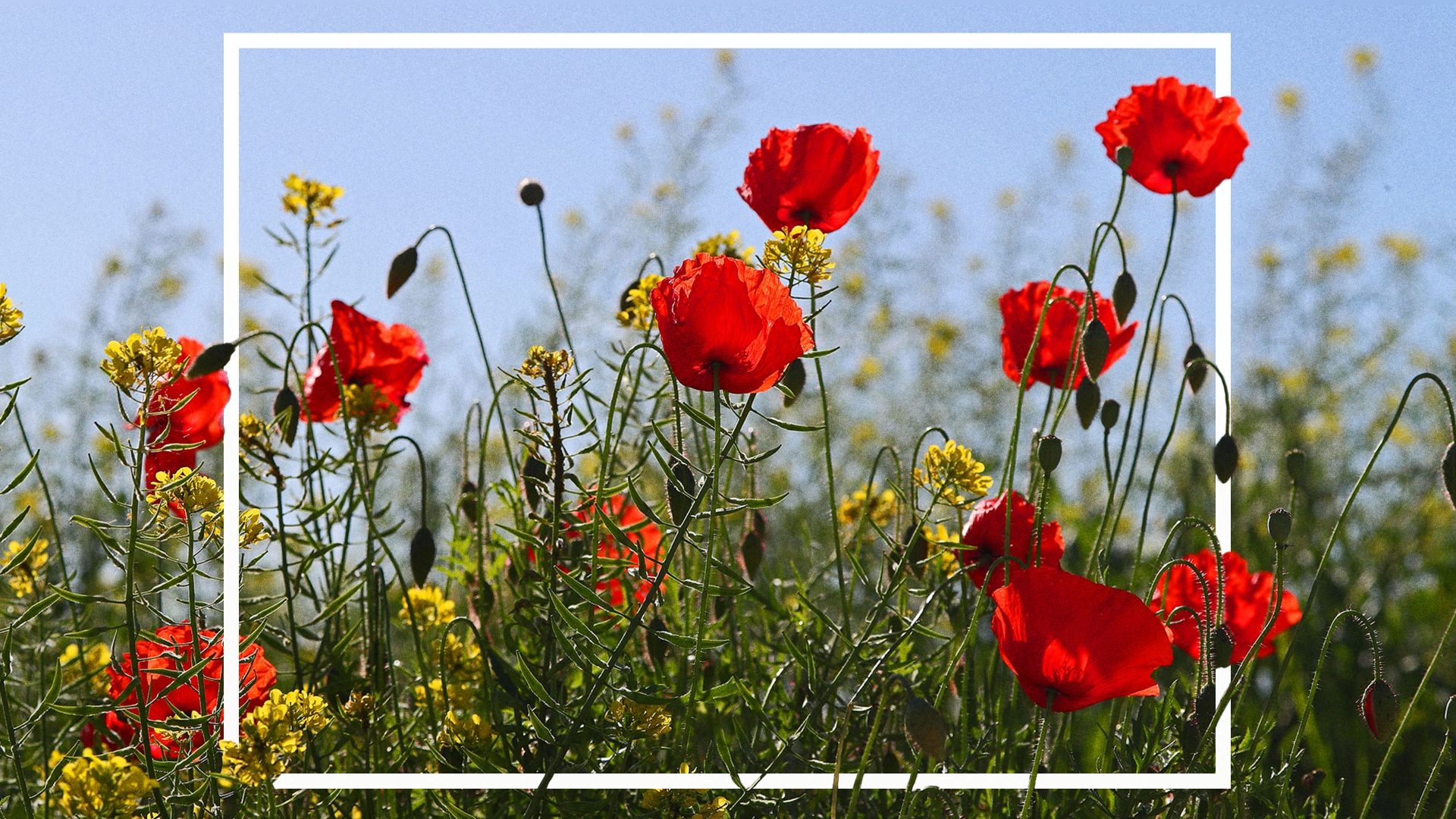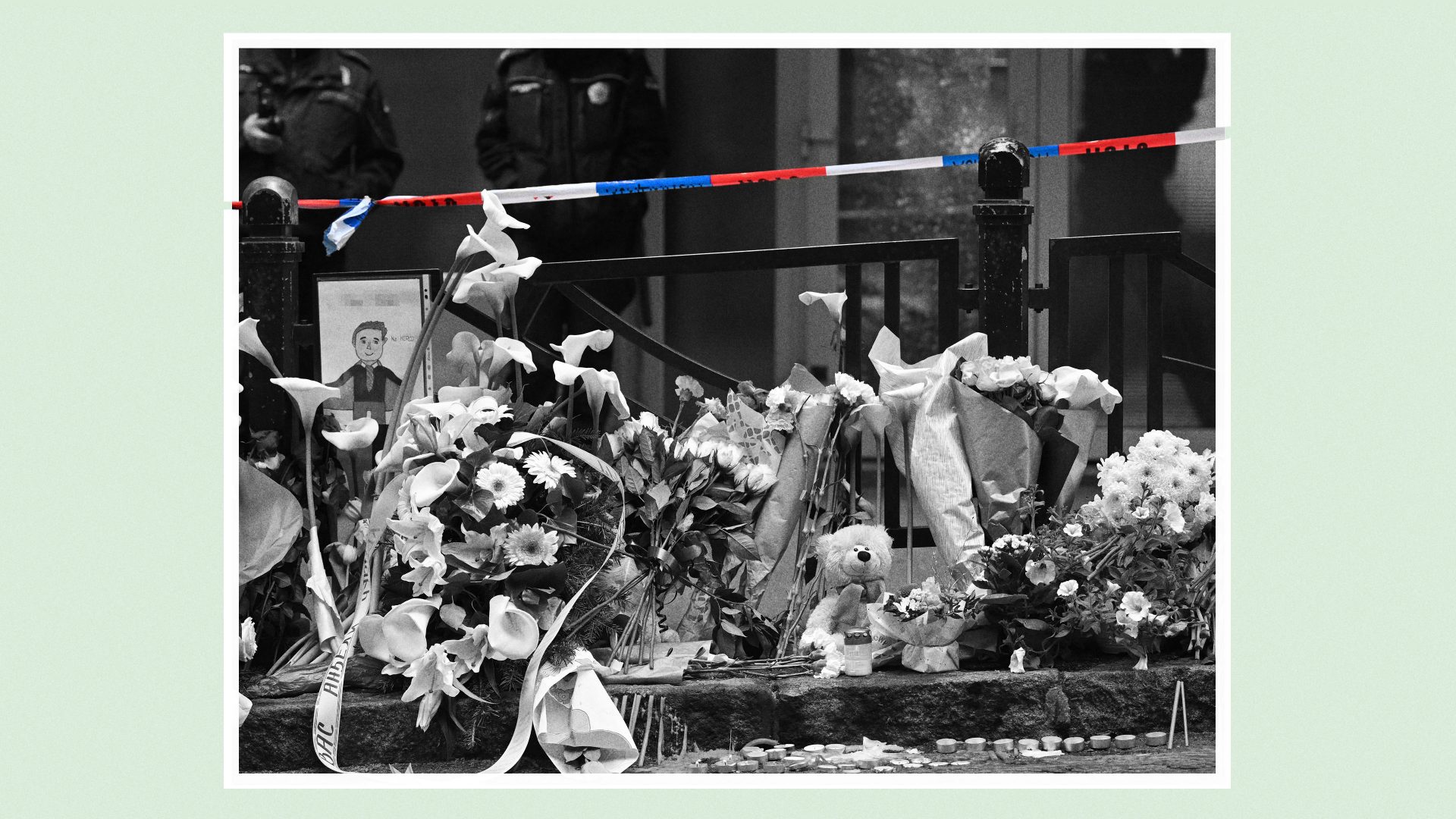“It’s Ukraine’s party,” Sam Ryder said of this year’s Eurovision Song Contest, “We’re just inviting them to throw it at our house.” The UK’s representative in 2022 – a human ray of sunshine who came second with the falsetto pop ballad Space Man – Ryder was speaking last summer before the host city of Liverpool had even been chosen to stand in for Kyiv after Kalush Orchestra won for Ukraine. But his comment perfectly summed up the spirit of this year’s contest as plans have shaped up, and Saturday’s Grand Final will have a thoroughly Ukrainian flavour.
While Kalush Orchestra will open proceedings, the Flag Parade will feature a performance by major Ukrainian Eurovision stars of the past, and Go_A, Jamala, Tina Karol and Verka Serduchka will perform a mash-up of their own Eurovision songs and British classics. These are all artists who have been personally affected by the Russian invasion and have a significance in a changing Ukraine, but who have also reflected the country’s history. While Eurovision has always had a layer of rich political significances lying just beneath the surface, this year’s contest may be the most geopolitically important ever.
Amid the crowded field of Eurovision entries taking folk music and putting it through an electronic wringer, Go_A stood out in 2021, their performance of Shum (Noise), a song based on a traditional vesnianky (spring song), landing them fifth place. Using the haunting ‘white voice’ singing style found across Eastern Europe, but with an electro backing which made it an absolute stomper, Shum rose to such a frantic pace that it took on both the ferocity of metal and the hypnotic power of a shamanic incantation.
Supplying that incredible keening voice was Kateryna Pavlenko, vampishly clad in black PVC and virulent green fake fur, and with Björk-ish elfin features but also the disquieting right-down-the-camera stare of Sparks’ Ron Mael. Pavlenko has a backstory which speaks to Ukrainian survival against the odds.
Born two years after the Chernobyl disaster in Nizhyn, a mere 70 miles from the power plant, Pavlenko grew up under the shadow of the disaster. When independence came in 1991, Pavlenko suffered badly in the years of turmoil that followed, experiencing poverty and homelessness as a child. Living in inadequate housing affected her health, and later she developed a tumour in her lung.
It was a cruel blow for a teenager who had trained in folk singing at her grandmother’s knee and been encouraged towards opera by the local music school. But now she can claim to be a rare thing – a professional singer with only one fully-functioning lung – and in fact her inability to sing from the diaphragm, and her audible ‘gasp’, only enhances her white voice style, which relies on the throat and expressive breathing. Formal studies in folklore and ethnomusicology projects recording endangered tunes in the field mean Pavlenko can also claim the title ‘folklorist’ alongside that of unique singer.
A Bacofoil-wrapped drag Timmy Mallett, Ukraine’s 2007 entrant Verka Serduchka also claimed a place in Eurovision history via some manic electrofolk. Verka, aka Andriy Danylko, came second and became an instant Eurovision icon, the crowd in Helsinki proving helpless before Dancing Lasha Tumbai, a song with hyper accordion, a signature dance and a final key change that took things to fever pitch. The large silver star on top of Verka’s head made her impossible to confuse with any other act.
But Verka was no mere novelty act, instead providing a snapshot of Ukrainian political division. In the context of Yushchenko’s post-Orange Revolution administration promising a future aligned to the West, the fact that Verka sounded like she was singing “Russia goodbye” instead of “Lasha Tumbai”, and that the song relegated the Russian entry to third place, was somewhat significant. That Verka’s very selection for Eurovision had provoked protests by the Ukrainian right which saw her burned in effigy indicated the polarisation between an Eastern-looking right and Western-looking left in Ukraine.
Verka had in fact emerged at the same moment as a new Ukraine, being debuted at a 1991 comedy competition in Poltava, central Ukraine, where Danylko had been born in the middle of the Brezhnev era. The character – a sleeper train attendant who spoke in a low-class Russian-Ukrainian dialect – played on native stereotypes of Soviet employees and country bumpkins. Verka predated Danylko’s formal arts training in variety and circus arts in Kyiv, but would become his route to fame, eventually shifting millions of records and then bagging a TV talk show. Verka became a household name and Danylko was named an Honoured Artist of Ukraine in 2003.
Since the invasion of Ukraine, Danylko has explicitly renamed his Eurovision classic Dancing Russia Goodbye, performed as a camo-clad Verka for Ukrainian soldiers, and generally taken every opportunity to use his platform to condemn Russian war crimes. When Danylko takes the stage on Saturday, it will be as a character who, despite the wacky presentation, has negotiated shifting Ukrainian identities for some three decades.
Moonlighting as an activist is now the norm for pop divas. But it is rather less usual to find them battling the disinformation propaganda war waged by a rogue state. Yet Tina Karol, Ukraine’s Eurovision representative in 2006, has found her career taking just that turn. Shortly after the invasion of Ukraine she announced the creation of the International Center for Information Resistance, headquartered in Warsaw, to where she had fled from Kyiv.
Karol, another of Ukraine’s ‘Honoured Artists’ and also a recipient of the Order of Princess Olga decoration from Zelensky himself, was born Tetiana Liberman in Russia to Jewish Ukrainian parents. She made her breakthrough appearing on long-running Russian-Latvian talent show New Wave. When the producers suggested she change her obviously Jewish surname, Karol felt liberated from a name that had singled her out for discrimination when growing up in Ukraine.
When Eurovision came calling, Karol made a splash. Her Show Me Your Love blatantly aped Shakira and bagged seventh place. Given it was a Contest where the usual terms of engagement went out of the window – cartoon metal act Lordi’s Hard Rock Hallelujah was the first win for both Finland and for an out-and-out rock song – it was a decent showing. Nine albums and several long-running presenting gigs on Ukrainian versions of TV formats like The Voice and Dancing With The Stars later, Karol is one of Ukraine’s most familiar faces.
It is that star power that Karol has put to use since the war broke out, singing for soldiers on the frontline (she used to be in the army entertainment corps) and performing the Ukrainian national anthem at the UN General Assembly in New York. Last year, she led the Mother’s March in London in protest against the abduction of Ukrainian children by Russian forces. But as an artist who was born in Russia and who has recorded in both Russian and Ukrainian, Karol has a unique position, and she has appealed directly to the Russian people to protest in the streets against this ‘new fascism’. As a Jewish Ukrainian, her comparison of the war crimes perpetrated in Ukraine today to the Nazi massacre of some 150,000 people, most of them Jews, at Babyn Yar, Kyiv, in 1941 was a statement as powerful as any politician could make.
The bloody persecutions of Ukraine’s past were, somewhat remarkably, the topic of one of the country’s three winning Eurovision songs to date. The annexation of Crimea and conflict in the Donbas forced Ukraine to drop out of the 2015 Contest, but they returned to win the following year with 1944, a song about the forced deportation under Stalin of 250,000 Crimean Tatars (“When strangers are coming/ They come to your house/ They kill you all/ And say/ We’re not guilty/ Not guilty”).
The song was written and sung by Kyrgyzstan-born Susana Jamaladinova, aka Jamala, and inspired by her great-grandmother’s experiences – woken in a dawn raid, she was packed into a cattle truck and her infant daughter died during the horrific journey East. But while 1944 may have been the bleakest song in Eurovision history lyrically, it would not have won without its trip-hop feel and R’n’B-tinged vocal, while its use of traditional Mugham patterns and the Armenian duduk ticked the obligatory ‘folk’ box. This was a song that was as soulful and compelling as it was moving.
But it would also be a song that was horribly prophetic. On the night of February 24, 2022, Jamala woke to the bombing of Kyiv, her home. Gathering up her two small children, they took refuge in a bunker before fleeing for the Romanian border – a journey which took four days. Of this forced wrenching from her home, Jamala said, “I never thought that there would be a historical repetition of my grandmother’s story.” A month later, she was performing 1944 before a world audience at the Concert for Ukraine. Dressed in a blood-red cloak and holding a Ukrainian flag in a white-knuckled grip, she looked like an avenging angel, and proved Eurovision can produce some truly meaningful moments.
Whether Ukraine’s 2023 entry, Tvorchi, a Ukrainian-Nigerian electronic duo, with their defiant song Heart of Steel, will be catapulted to the kind of iconicity of some of these other acts remains to be seen. But what is certain is that as long as Eurovision continues to reflect the fortunes of the nations that participate in it in the way it has for Ukraine, it cannot be dismissed as a mere fluffy festival of mediocrity.




